Great Whales Still Face Grave Threats
by Gershon Cohen, Ph.D. — Co-Director, Great Whale Conservancy
The Great Whales need our help. They face multiple threats today in many parts of the world: “scientific whaling,” ship strikes, habitat encroachment, decreasing food supplies, ocean acidification, etc.; it is up to us to take on these threats and do what we can to protect these magnificent, sentient beings.
The Great Whale Conservancy was created in 2010 to answer this call, and the first problem we are focusing on is the ship strike issue that plagues whales in oceans around the planet –where great whales and cargo ships, oil tankers, and cruise ships try to occupy the same place at the same time. The whales have no choice: they need to follow their food and consumes tons of protein every day to survive. The ships have a choice: they can adjust their transits to minimize the time they spend in Great Whale habitat.
Case in point: Blue Whales are dying from ship strikes every year along the California coast. From July through October, the world’s largest subpopulation of Blue Whales (about 2,500 individuals) migrate to the continental shelf edge offshore of California to feed on massive blooms of krill. Unfortunately for the whales, this critical feeding area overlaps with one of the world’s busiest shipping lanes leading to the ports of Los Angeles and Long Beach. Every year more whales are killed, rammed by the giant ships or cut to ribbons by their massive propellers.
The cost to the shipping industry of moving to new transit lanes further from this critical feeding habitat are minimal, and some members of the industry appear willing to move as long as there is somewhere to go. Current voluntary efforts aimed at getting the vessels to slow down or leave the most densely used areas during these critical months, such as the Santa Barbara Channel, have been ineffective.
A new transit lane must be established through U.S. Navy controlled waters on the south side of the Northern Channel Islands. The U.S. Coast Guard acknowledged the need to move the shipping lanes in this area to protect the whales in its Port Access Route Study of September 2011. But recent efforts to move the transit lane far enough away from the continental shelf edge where the krill are most abundant are being blocked by the U.S. Navy, even though oil tankers have routinely transited nearby Navy-controlled waters for years and cargo ships have been using these waters the past two years to avoid California requirements to burn cleaner (more expensive) fuels. The past and current “informal” use of these waters for commercial shipping demonstrates the Navy has no reasonable grounds to object.
| [youtube nJChpmKNxXI 590 356 ] |
The U.S. government must act to protect the endangered Blue Whales from the threat of extinction. A century ago, Blue Whale numbers were reduced by commercial whalers from ~350,000 animals to the ~10,000 alive today. While an international moratorium on the hunting of Blue Whales has been in effect since 1966, death by ship strikes is no less lethal, and the number of Blue Whales has failed to rebound. Further losses and reduction in the genetic diversity of the species could be disastrous.
It took more than half a century to establish new transit lanes and speed reductions along the Atlantic Coast to protect the North Atlantic Right Whale. Today, less than 500 North Atlantic Right Whales remain and the long-term chances for their survival are slim. We must not wait until only hundreds of Blue Whales remain in the North Pacific before acting on their behalf.
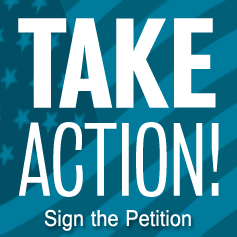 Take Action: Stop Ship Strikes on Blue Whales
Take Action: Stop Ship Strikes on Blue Whales
The Obama administration must open the Pt. Mugu Naval Air Station waters, south of the Northern Channel Islands, to commercial shipping traffic at minimum for the months of July-October. Please take a moment to ask the Administration to protect Blue Whales. For your convenience, use our Action Alert email form below.
Action Alert: Stop Ship Strikes on Whales Off CaliforniaPlease use this form to send an email to Dr. Jane Lubchenco, Administrator, National Oceanic and Atmospheric Administration; Nancy Sutley, Chair White House Council on Environmental Quality; Commandant Admiral Robert J. Papp Jr., United States Coast Guard; Raymond Mabus Jr., Secretary of the Navy |
Learn More
Please visit our colleagues at The Great Whale Conservancy to learn more about this issue and much more about these magnificent animals!
| The term “Great Whale” refers to the group of whales of greatest size, including the gray, humpback, right, blue, sperm, bowhead, fin, sei, Minke, pygmy, right, and Bryde’s whales.The Great Whale Conservancy (GWC) protects the world’s great whales and their habitat by ensuring that the public knows what their problems are and what the solutions can be. GWC provides information, ideas and opportunities for people of all ages, all over the world, to join the effort and act on behalf of Earth’s Great Whales.
Gershon Cohen, Ph.D., co-director of GWC, focuses on developing and implementing the Conservancy’s strategic and political objectives.Dr. Cohen has been working on water pollution and marine mammal protection issues for more than twenty years. He founded Earth Island Institute’s Campaign to Safeguard America’s Waters and has been directing that national campaign for fourteen years. Dr. Cohen also co-authored the Alaska Cruise Ship Ballot Initiative adopted by statewide vote in August 2006, establishing the world’s strictest pollution rules and oversight policies for the cruise industry. He holds a Master’s Degree in Molecular Biology and a Ph.D. in Environmental Policy. |

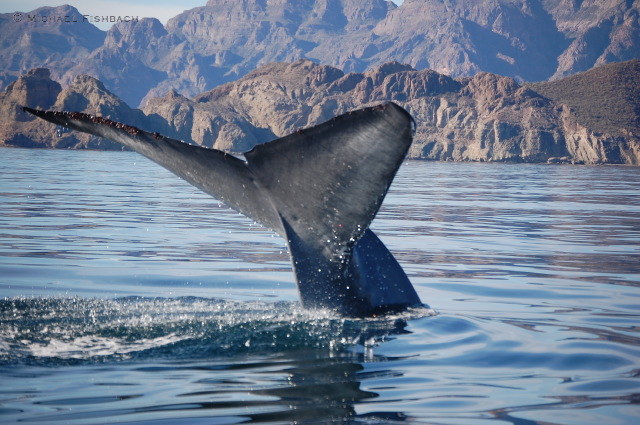
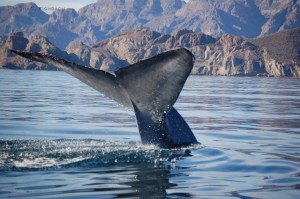
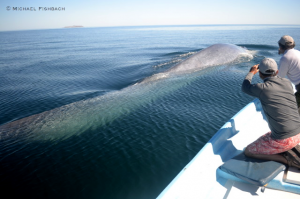

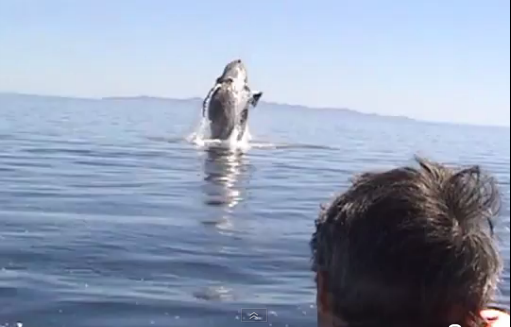
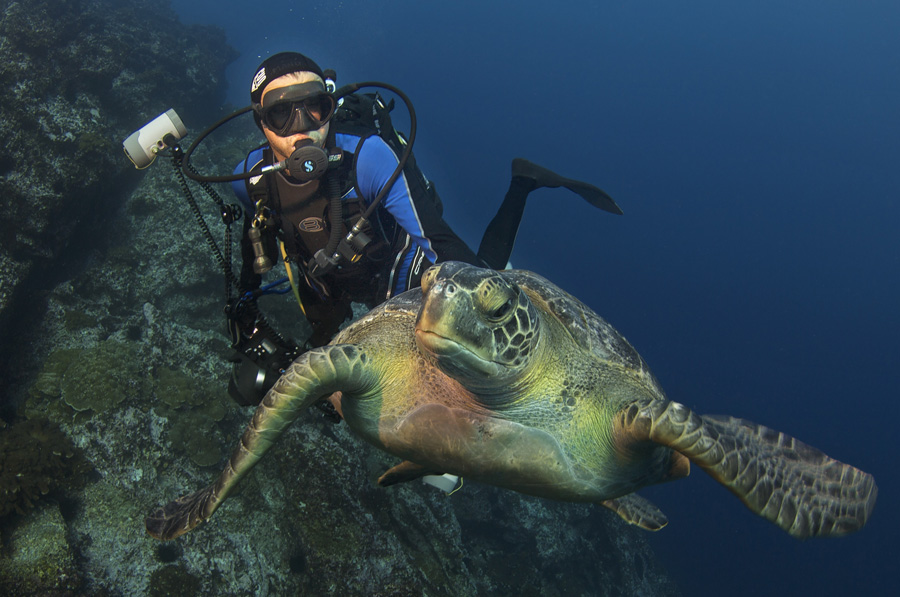
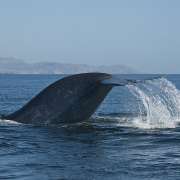
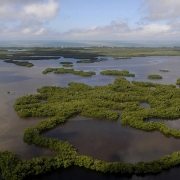 Florida Department of Environmental Protection
Florida Department of Environmental Protection

Leave a Reply
Want to join the discussion?Feel free to contribute!